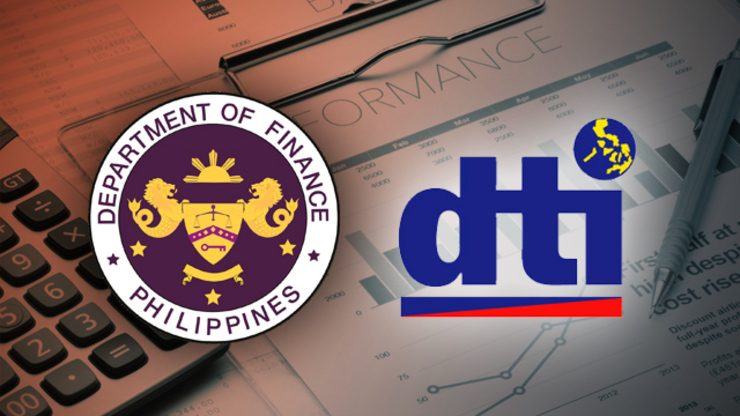SUMMARY
This is AI generated summarization, which may have errors. For context, always refer to the full article.

MANILA, PHILIPPINES – After 4 years, the Departments of Finance (DOF) and Trade and Industry (DTI) have finally submitted their consolidated version of the fiscal incentives rationalization bill to Congress.
Their disagreements over the bill, however, have delayed the passage of the key proposed legislation, Senate President Franklin Drilon said in his address to members of the Management Association of the Philippines (MAP) on Monday, September 29.
“We will give it [the passage of the fiscal incentives bill] our best shot,” Drilon promised the business executives.
He said the proposed bill is a priority measure of the Aquino administration “but Congress cannot move because of the differences between the DTI and DOF, that is known to everyone.”
The consolidated fiscal incentives bill aims to put together 186 incentive-giving laws into one key legislation. (READ: Fiscal incentives bill: Is it really priority?)
The Board of Investments (BOI), the government’s premier investment promotion agency, believes incentives are key in attracting investors, but the DOF said incentives are not a major consideration in locating in the Philippines.
Apart from the fiscal rationalization bill, Drilon said the joint resolution granting special powers for President Benigno Aquino III to address the power crisis is stalled since the Department of Energy itself cannot provide the exact parameters or the actual capacities required. It is also a concern that acquisition of generators would cost anywhere from P6 billion ($144.77 million*) to P10 billion ($222.9 million).
Pending bills
Other economic bills are also pending in Congress. (READ: What happened to priority bills from SONA 2013? Not much)
The Cabotage Law, which refers to shipping of goods and passengers within a country, is strongly opposed bydomestic shippers. “So let’s leave it at that,” Drilon said.
Drilon added a package of reforms that would improve the investment climate in the Philippines, including the further liberalization of retail trade, construction, recruitment, rice and corn production, among others, would follow the passage of Republic Act 10641 or the liberalization of the banking sector.
The Senate is expected to pass the Fair Competition Act on third and final reading on October 20. “The bill is almost in the final form,” said Drilon, adding that the measure would provide a level playing field among industry players.
Other pending bills include the creation of the Department of Information and Communication Technology, the amendment to the Mining Act, the Tax Incentive Monitoring Transparency Act, Customs Modernization Act, and the amendment to the Build-Operate-Transfer law.
Drilon vowed to pass the key economic legislations in the two remaining years of the Aquino administration, and has committed to hold a special session to tackle these measures, if necessary.
“While two years is a tall order, if we do not make substantial (progress), I am prepared to call a special session in May and June of 2015 to tackle the measures,” Drilon said. – Rappler.com
*$1 = P44.8
Calculator and graph image from Shutterstock
Add a comment
How does this make you feel?
There are no comments yet. Add your comment to start the conversation.